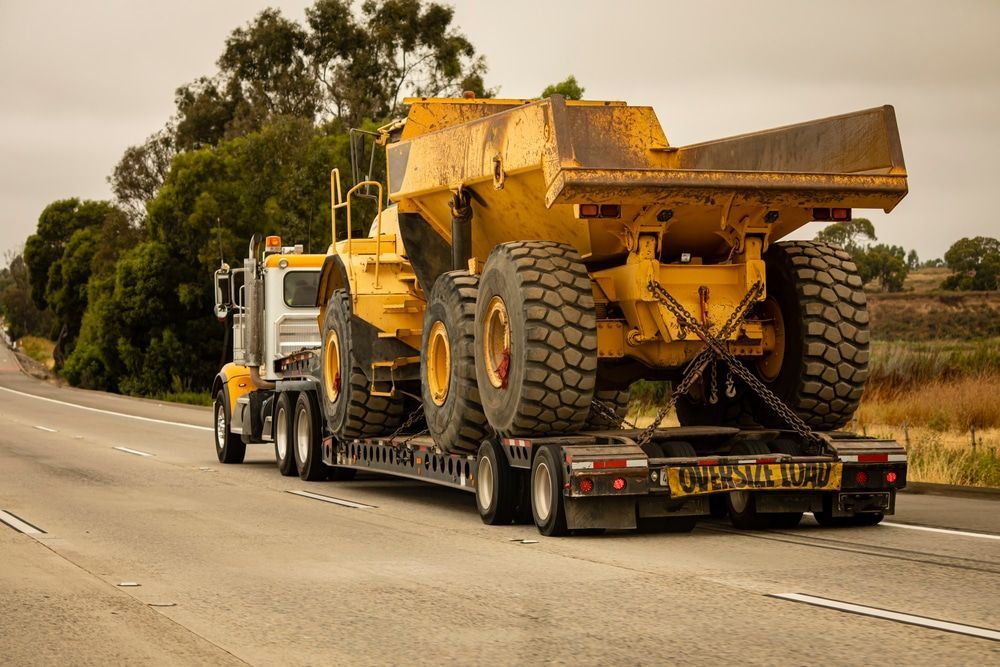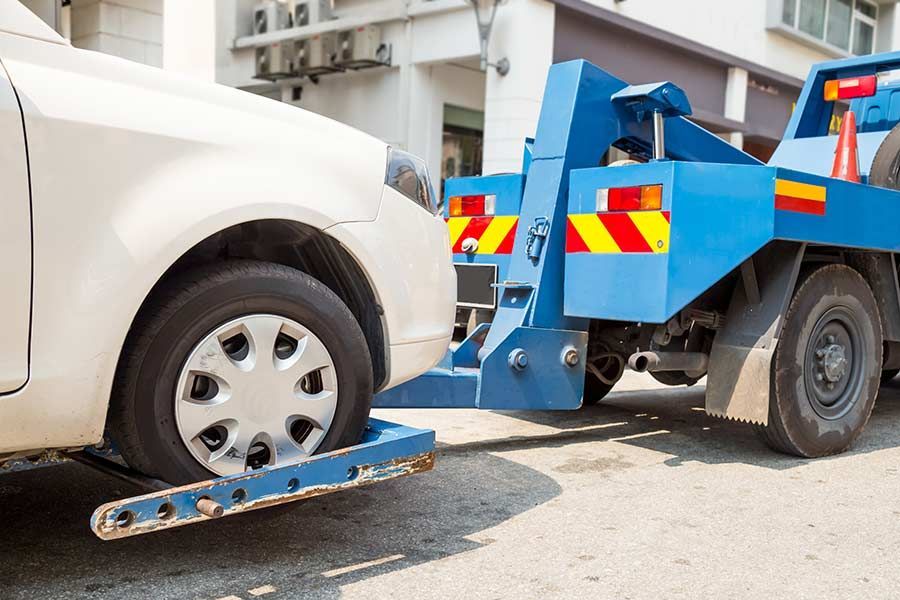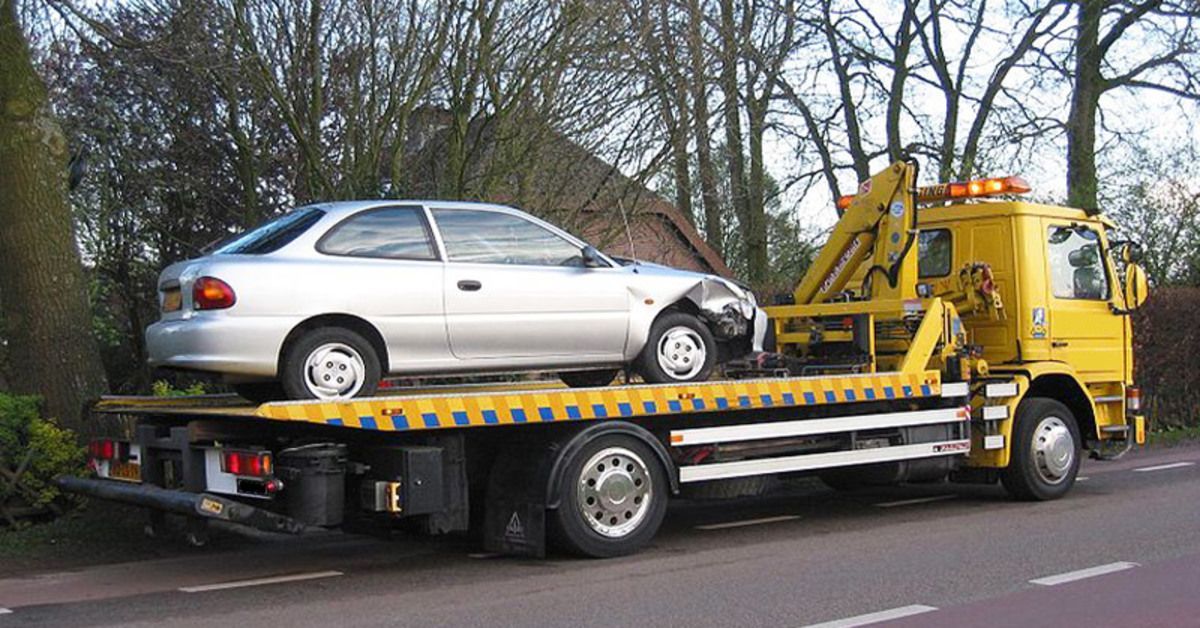What is Private Property Towing?
What is Private Property Towing?
When people hear "private property towing," it brings up questions about what it means, when it applies, and whether it is legal. For the everyday driver, the idea of having a car removed from private land can feel frustrating. For property owners, towing can be an important tool for protecting access, enforcing rules, and keeping spaces safe. At Danville Towing Services, we aim to provide clarity about how private property towing works in California and what both drivers and property managers should know.
Understanding What Private Property Towing is
Private property towing is when a vehicle is removed from land or lots that are not public streets—such as apartment complexes, shopping centers, office buildings, and residential communities. Property owners or managers may arrange for a towing company to enforce parking rules, remove abandoned vehicles, or address safety hazards. Unlike city-ordered tows, which are typically managed by law enforcement, these requests come from the owner or operator of the property.
Can a Car Be Towed From Private Property?
Yes, under certain circumstances, a car can be towed from private property. Common situations include:
- Unauthorized parking in spaces reserved for residents, tenants, or customers.
- Blocking access to driveways, fire lanes, or loading zones.
- Abandoned vehicles left for long periods without permission.
California law places limits on when and how a vehicle may be removed. For example, signage requirements often apply. Many lots must display signs clearly stating that an unauthorized vehicle or vehicles will be towed (usually at the owner’s expense.) Without proper signage, towing may not be enforceable in some situations.
Can You Be Towed on Private Property Without Warning?
It depends on the location and circumstances. If a car is blocking emergency access or parked in a fire lane, towing can usually occur immediately. In other cases, like when a vehicle is left in a residential lot, state rules may require a waiting period or advance notice. For drivers, it’s important to pay attention to posted signs, painted curbs, and parking restrictions to avoid surprises.
Can a Tow Company Come on Private Property?
Tow companies cannot simply patrol and remove vehicles from private land without permission. A property owner, property manager, or an authorized agent must first contract with the towing service. Once a legal agreement is in place, the tow company can enforce the property’s parking rules according to California law. This protects both the vehicle owner and the property owner by ensuring that removals are lawful and documented.
Is It Illegal to Tow a Car From Private Property?
Private property towing itself is not illegal, but improper towing practices can be. California has detailed rules to prevent predatory or unauthorized removals. For example:
- Tow companies must have written authorization before removing a vehicle.
- Signage must be visible in many cases.
- Vehicle owners have rights to retrieve their cars quickly and must be provided with fee disclosures.
The tow could be considered unlawful if these rules aren't followed. Disputes may arise as a result. It is recommended to work with a licensed, reputable company to ensure compliance, reducing legal risks.
Interested in How to Get a Private Property Towing Contract?
For property managers and business owners, establishing a private property towing contract can provide peace of mind.
Here's what the contract usually contains:
- When towing's allowed (e.g., unauthorized vehicles, abandoned cars).
- Sign requirements to comply with state laws.
- Fees and storage terms for removed vehicles.
- Correct procedures to confirm that tows are legitimate.
A clear contract protects the property owner and ensures the towing service operates within legal guidelines. Danville Towing Services works with apartment communities, homeowner associations, shopping centers, and commercial properties to establish agreements that are both clear and legally compliant.
Understanding Private Property Towing Fees
Private property towing fees vary based on several factors, including the type of vehicle, the time of day, and how far the vehicle must be transported. Common charges may include:
- Hook-up or tow fees for the removal itself.
- Mileage fees depending on the distance to the tow yard.
- Fees for storage every day the vehicle is stored in the impound or tow yard.
California law regulates maximum rates to prevent overcharging. Vehicle owners should always receive an itemized bill and know their right to access their car once payment is made.
Why Private Property Towing is Important
For property owners, towing goes beyond simply moving vehicles—it helps maintain safety, protects access for residents, and reduces potential hazards. For drivers, being aware of the rules is the best way to avoid unnecessary expenses and frustrations. Knowing that cars can be towed from private property under certain conditions—and that contracts and laws govern the process—helps reduce confusion.
Danville Towing Services: Local Support You Can Rely On
Private property towing can be a complex issue, but it doesn’t have to be overwhelming. At Danville Towing Services, we assist property owners with contracts, enforcement, and compliance, while treating vehicle owners fairly and transparently. Whether you’re a resident, a business, or a property manager in Danville, CA, having a professional towing partner makes the process smoother and more reliable.




